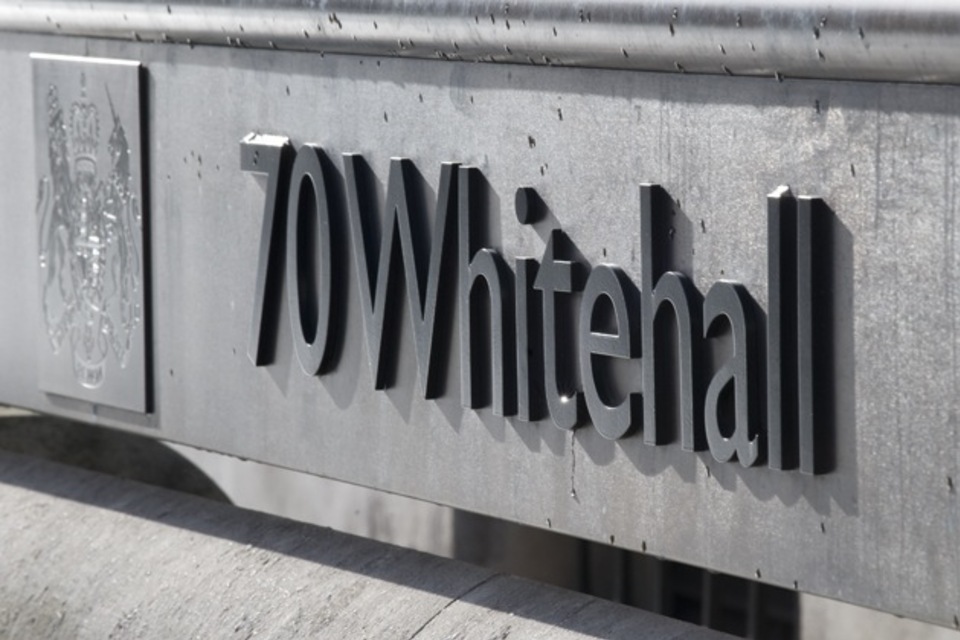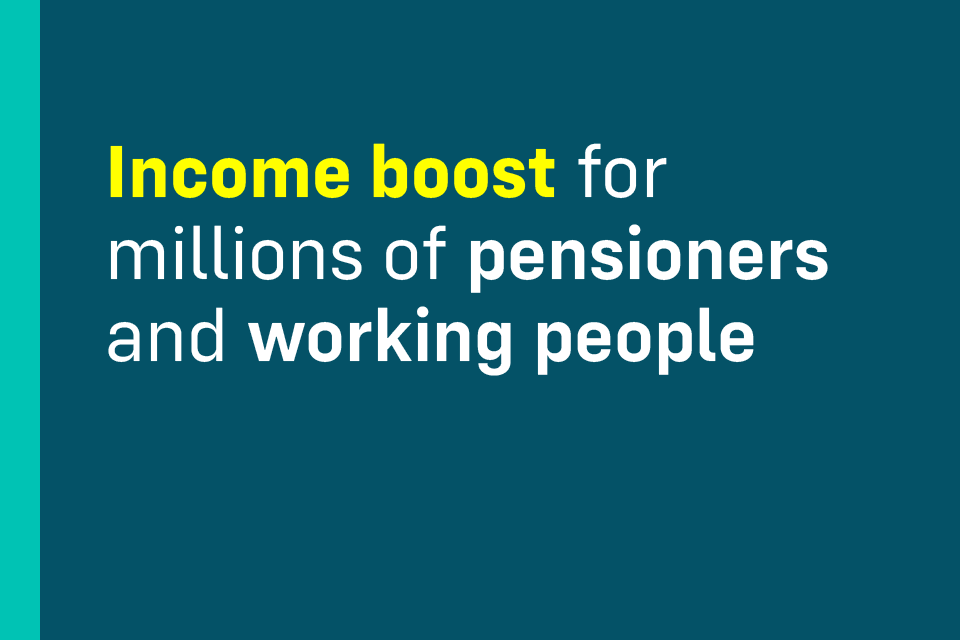- Fake reviews and hidden fees that cost consumers £2.2bn every year now banned
- CMA takes on major new powers to directly enforce new consumer laws
- Changes will protect consumers and create a more level playing field for businesses, helping to deliver economic stability as part of the Plan for Change
Outrageous fake reviews and sneaky hidden fees are now banned once and for all in a major win for consumers right across the UK. These laws will help deliver economic stability as part of the Plan for Change.
The new measures coming into force today will give the public control over their cash and save them money in the long run.
All mandatory fees, such as admin fees or ticket booking fees, must now be included in the headline price and can’t be deceptively dripped in throughout the checkout process, to dupe customers into paying more than they originally bargained for.
The ban aims to bring to an end the shock that online shoppers get when they reach the end of their shopping experience only to find a raft of extra fees lumped on top.
So, for shoppers buying train tickets – they won’t be stung by a hidden booking fee at the end of the checkout.
When buying a takeaway, the delivery and admin fees must be clear at the start of the process.
The same will apply to all online shopping experiences from concert tickets to trips to the cinema.
Every year a whopping £2.2 billion is spent by consumers on unavoidable hidden fees, which is why these new rules are coming into force.
Not only will it create greater transparency, but it will make it far easier for consumers to confidently compare products and services to make sure they are getting the best bang for their buck.
Justin Madders, Minister for Employment Rights, Competition and Markets, said
From today consumers can confidently make purchases knowing they are protected against fake reviews and dripped pricing.
These changes will give consumers more power and control over their hard-earned cash, as well as help to establish a level playing field by deterring bad actors that undercut compliant businesses, helping to deliver economic stability as part of our Plan for Change.
Outlandish fake reviews will also be banned today – so customers know what they are buying when they shop online.
The legislation will prevent punters turning up to a restaurant with 5-star reviews only to be served 1-star quality food. Or ordering a product online from a top-rated seller only to find it never turns up, or that when it does, it doesn’t look anything like it did in the picture, despite what previous buyers said.
Reviews were found to be used by 90% of consumers and contributed to the £217 billion spent in online retail markets in 2023, underscoring the importance of these new consumer protection laws.
New laws will also help prevent well-intentioned and compliant businesses from being under-cut by those seeking to catch out consumers with stealthy additional prices and fake reviews.
Sarah Cardell, Chief Executive of the CMA, said
We will use these new provisions to safeguard people from harmful and unfair treatment, and to foster the level-playing field for the vast majority of businesses who want to do the right thing for their customers. We will be tackling the more egregious practices first and working hard to support businesses with compliance, conscious that – especially for small businesses – the burden of following the rules must be proportionate.
This new consumer protection regime will be implemented by the Competition and Markets Authority (CMA) in a way that is as simple as possible for smaller businesses to comply with.
This government is committed to taking action to reduce unnecessary burdens on business, meaning that should any new rules be required, these will be as clear as possible and only used where necessary and proportionate.
Notes to editors
- Legislation only bans unavoidable hidden fees. Optional fees, such as airline seats and luggage upgrades for flights, are not included.
- Website hosts are accountable for the reviews on their page. Businesses and online platforms will be legally required to take steps to prevent and remove the publication of fake reviews that are published on their websites. This could include, for example, having adequate detection and removal procedures in place to prevent fake reviews being published.








